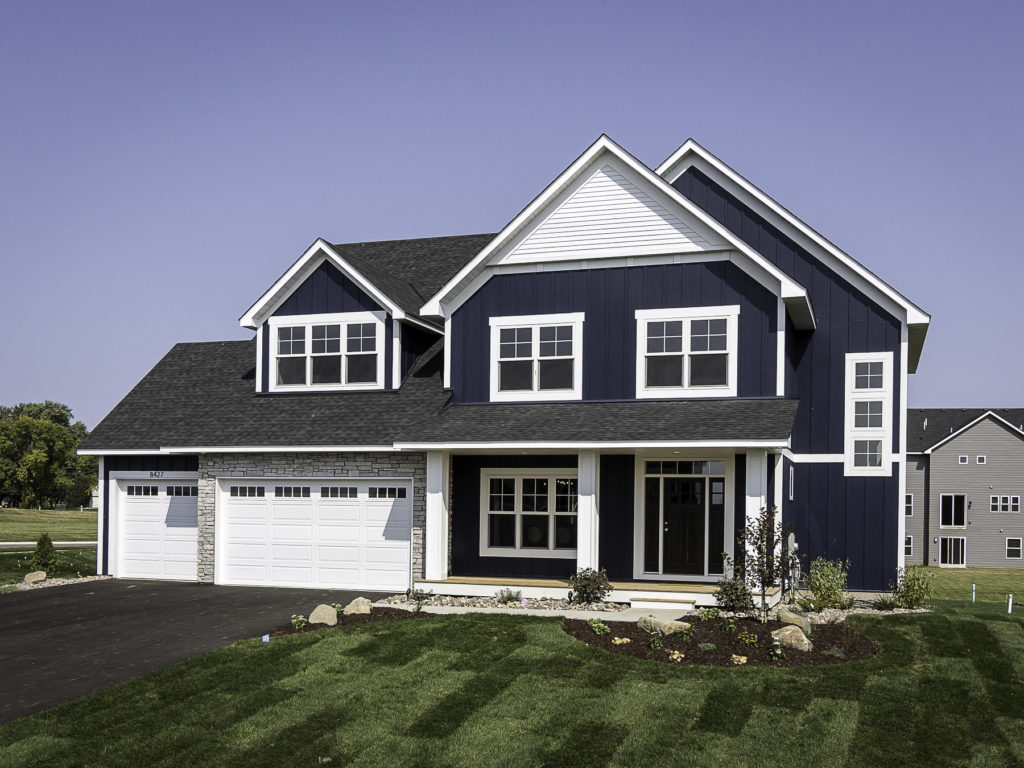
In what’s believed to be a first-of-its-kind program, two co-ops and a home developer are teaming up for a different type of load control program.
Dakota Electric Association and Great River Energy will install grid-interactive water heaters in 81 homes that Country Joe Homes is building in a Minneapolis-St. Paul area subdivision. Water heating accounts for as much as 40 percent of residential energy use.
“We need something more dynamic than the simple water heater control system of the past,” said Gary Connett, director of member services at Maple Grove, Minnesota-based Great River Energy. “This is where this grid-interactive water heater has benefits.”
Simple one-way telecommunications switches, used in load control programs for decades, typically charge units overnight. But grid-interactive water heaters will have the flexibility needed to take advantage of intermittent and variable generation from wind farms or solar arrays whenever energy rates or demand dip.
“The amount of electricity used for charging the water heaters can be changed literally on a four- or five-second basis,” said Connett, adding that the co-op will constantly monitor the 80-gallon units. “We can charge individual tanks if water temperatures dip too low.”

If 50 of the units are enrolled in the load control program, a potential of 200 kilowatts will be available to help wholesale market providers balance supply with demand. The project will be the first of its type in the continental United States, according to Steffes Corp., which makes the water heaters.
“Real-time controls will give us more accurate data and help ensure that members have hot water when they need it,” said Dave Reinke, energy and member services manager for Dakota Electric Association in Farmington, Minnesota.
While some residential developers now offer Tesla battery storage systems at a cost of around $6,500 for 7-kilowatt hour systems, water heaters used for the program are expected to provide about 10 kWh of storage at less than 25 percent of the upfront costs.
Derrill Holly is a staff writer at NRECA.